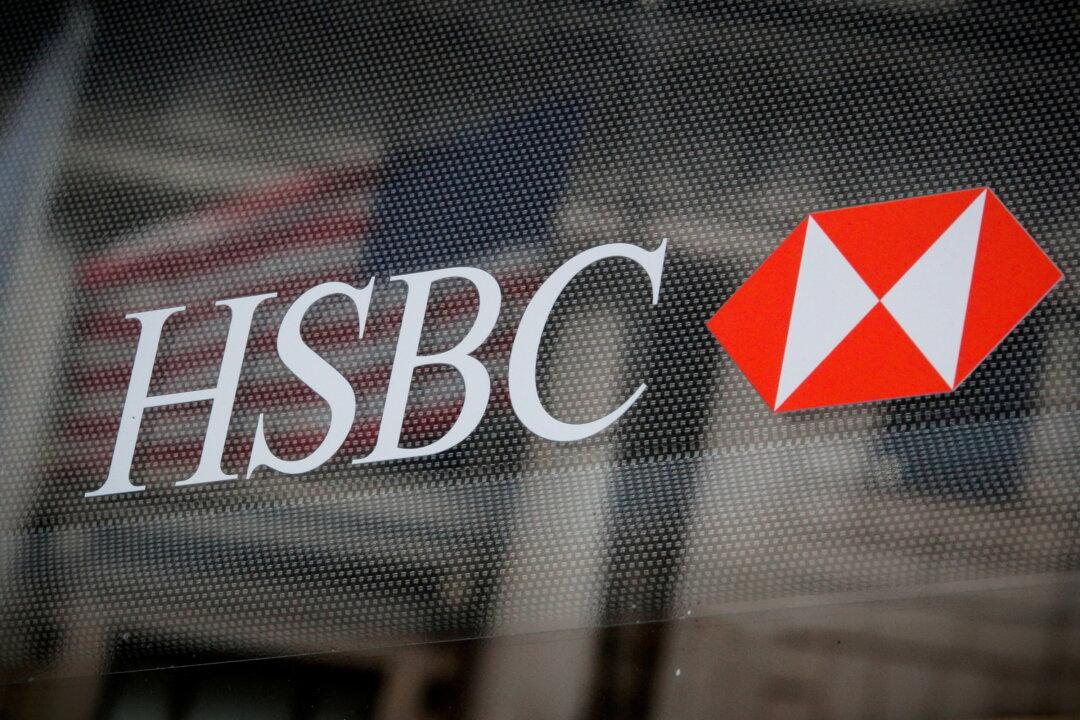The head of one of HSBC’s biggest competitors has said that free speech is becoming “increasingly difficult” after a top executive at HSBC Holdings was suspended when he criticized central bankers and policymakers for exaggerating the financial risks of climate change.
Stuart Kirk, the global head of responsible investing at HSBC’s asset management division, was suspended following an internal investigation into a presentation he delivered at the Financial Times Moral Money Summit on May 19, in which he compared the climate crisis to the Y2K bug or Millennium bug, a theory from the late 1990s stating that computer errors were projected to create massive computer malfunctions in the year 2000.




